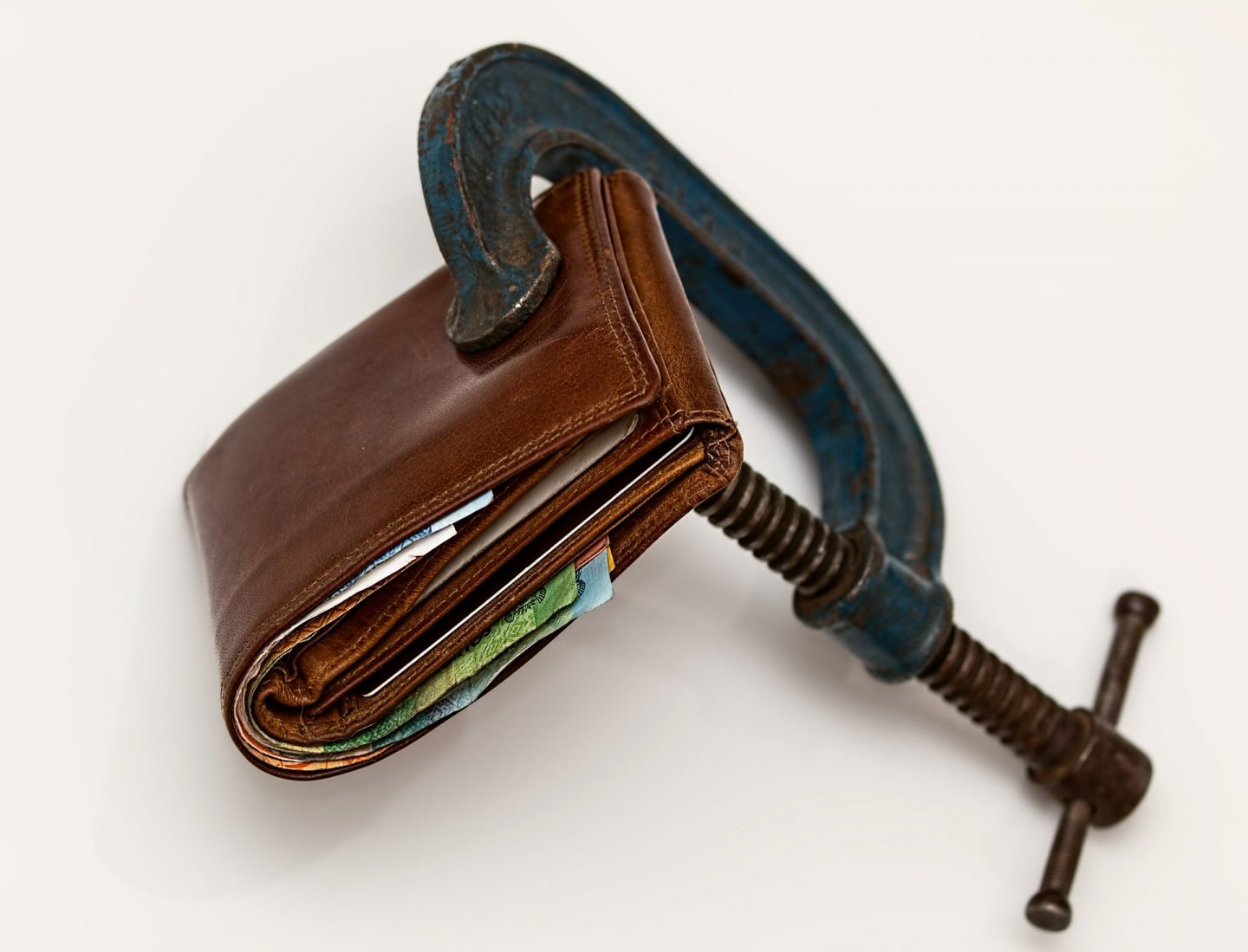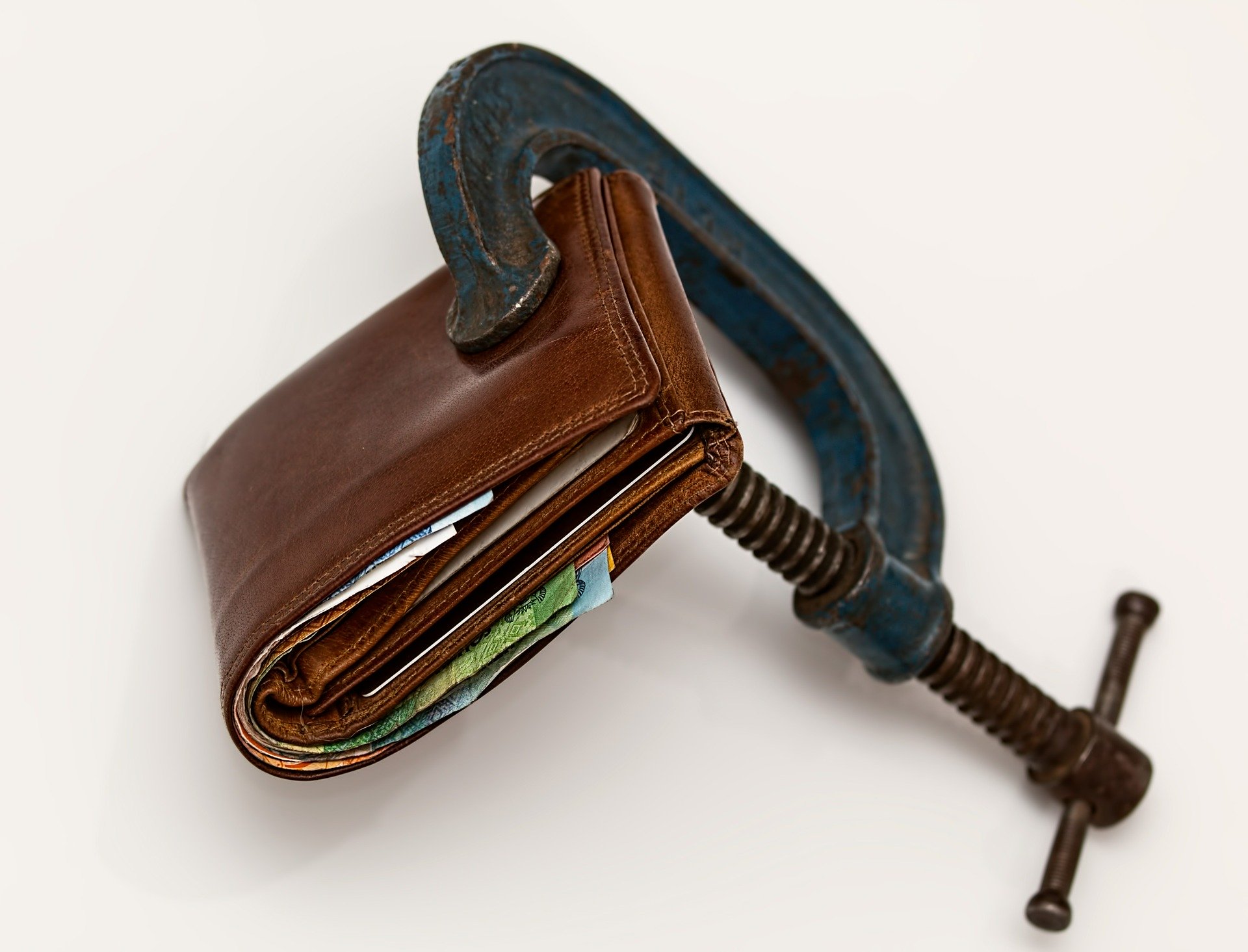We may earn money or products from the companies mentioned in this post.

https://pixabay.com/no/photos/spare-sparegrisen-teamarbeid-sammen-3451075/
You may not know when a financial emergency will strike but you can be certain that it will happen at some point. We all incur unforeseen expenditures at some time or another but there are ways to prepare for a financial emergency. If you want to safeguard your assets and reassure yourself that you can cope, take a look at these top tips for tackling your next financial emergency:
- Build up an emergency fund
If you’re able to save any money at the end of each month, you probably deposit it into a savings account. Although this is a great way to prepare for the future, it can be helpful to set up a separate emergency fund too. This will give you the flexibility to dip into the pot if you need to, without feeling like your decimating your savings.
- Find out what help is available
Many people are entitled to grants or government loans when they’re facing a financial emergency, so be sure to check what you’re eligible for. If you can’t afford to repair a boiler or replace a dangerous electricity circuit, for example, there are organisations that can help you to access the services you need.
- Explore borrowing options
If your emergency fund isn’t going to cover the cost and you don’t qualify for financial assistance, you may want to consider borrowing money. Payday loans offer fast access to cash, while high street loans typically offer larger loans. Although you’ll need to consider interest rates and repayment terms, borrowing funds can be an effective way to tackle a financial emergency in some cases.

- Reduce your spending
Depending on your current outgoings, you might be able to reduce your expenditure and resolve your financial emergency with the extra cash you have spare. Even when you think you’re making the best use of your money; you’d be surprised at how much more you can cut costs. Start by itemising everything you spend and then examine it in detail to see where you can make savings.
- Use low-cost services
If your financial emergency has been caused by a practical issue, such as a broken-down vehicle or a leak in your home, you may be able to access low-cost professional services. Many companies offer reduced rates to people facing financial hardship, particularly if they are providing critical services.
Alternatively, you might find that they can offer you an interest-free payment plan. This would allow you to access the services you need and pay for them over months or years, rather than in one lump sum. By spreading the cost, you can resolve your current emergency and modify your finances to accommodate the extra monthly cost.
Preparing for a Financial Emergency
When you’re struggling to make ends meet, it can be tricky to save anything once your bills have been paid. By treating your ‘financial emergency fund’ as a necessary bill, however, you can ensure that you contribute towards it every month. No matter how much you’re able to set aside, it will come in handy the next time you’re caught out by an unexpected financial setback.
